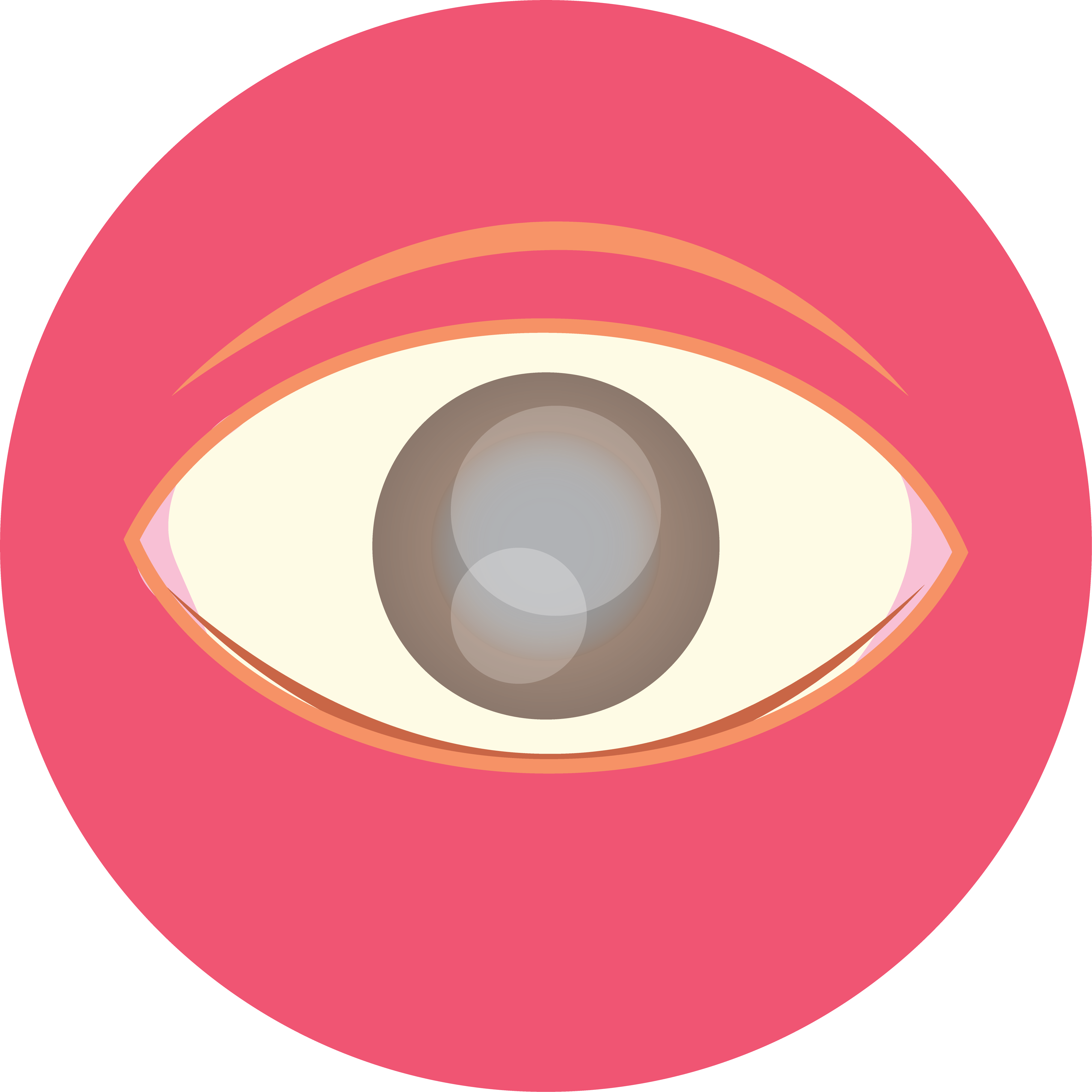| Name | Open Angle Glaucoma |

Open Angle Glaucoma
What is Open Angle Glaucoma (OAG)?
Open Angle Glaucoma is a type of glaucoma, which is a progressive eye disease that can lead to vision loss and blindness. It is caused by increased pressure in the eye, which damages the optic nerve.
What are the symptoms of Open Angle Glaucoma?
The symptoms of OAG include:
- Gradual loss of peripheral vision
- Halos around lights
- Blurred vision
- Tunnel vision
What are the causes of OAG?
The causes of OAG include:
- Increased pressure in the eye
- Family history of glaucoma
- Age
- High pressure in the eye
- Ethnicity
- Health conditions such as diabetes
What is the treatment of OAG?
- Medications to lower eye pressure
- Laser surgery
- Conventional surgery
Risk factors of OAG
The risk factors for open-angle glaucoma include:
-
Age: The risk of glaucoma increases as people get older.
-
Family history: A family history of glaucoma increases the risk of developing the disease.
-
High Intraocular Pressure (IOP): IOP is a major risk factor for glaucoma.
-
Ethnicity: African Americans are at a higher risk of developing glaucoma than other ethnic groups.
-
Myopia (nearsightedness): People who are nearsighted have a higher risk of developing glaucoma.
-
Systemic health conditions: Conditions such as diabetes, hypertension, and heart disease may increase the risk of glaucoma.
-
Previous eye injuries: Trauma to the eye, such as a blow to the head, can increase the risk of developing glaucoma.
-
Use of steroids: Long-term use of corticosteroid medications can increase the risk of glaucoma.
Prevention of OAG
- Regular comprehensive eye exams
- Maintaining healthy blood pressure and blood sugar levels
- Wearing protective eyewear during physical activities
- Maintaining a healthy diet
Open Angle Glaucoma is a chronic condition that typically does not have noticeable symptoms until significant vision loss has occurred. Early detection and treatment can help prevent vision loss and promote recovery. It is important to consult with an eye doctor for regular comprehensive eye exams to detect glaucoma and other eye conditions early.
 Bangla
Bangla English
English